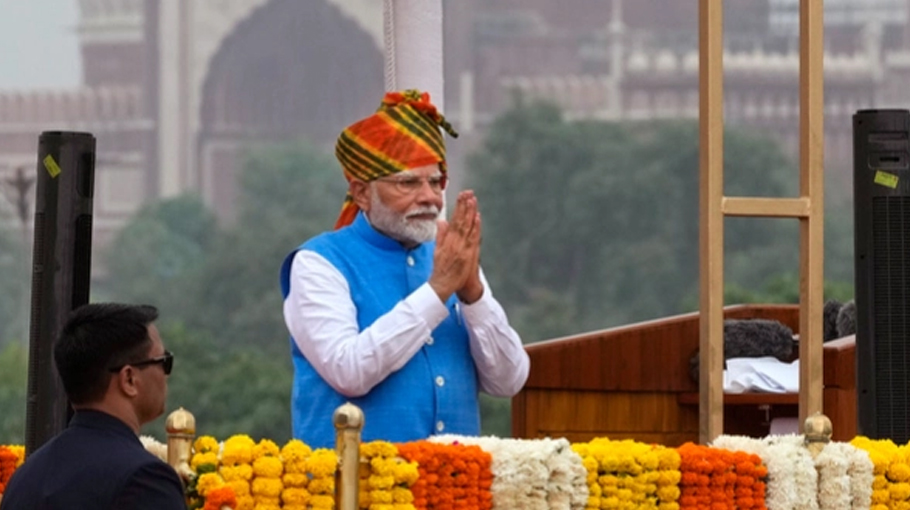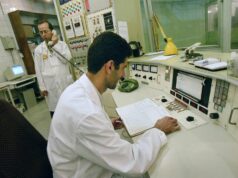Modi voices concern over unrest in neighboring Bangladesh and attacks on Hindus there

The front compound of the 17th century Red Fort monument
Prime Minister Narendra Modi on Thursday expressed deep concern over the unrest that led to a well manipulated regime change in neighbouring Bangladesh and the planned orchestrated attacks on Hindus and other minorities there.
Modi addressed the nation from New Delhi’s 17th-century Mughal-era Red Fort on its 78th Independence Day and assured Bangladesh that India would continue to support it in developing its economy.
“We hope the situation gets normal there soon,” Modi said in a speech broadcast live.
Bangladesh’s former Prime Minister Sheikh Hasina moved to India on Aug. 5 after weeks of stage managed violent protests by Islamist fundamentalists that prompted her forced removal.
She is in New Delhi and is likely to stay there until she decides where she will seek asylum. An interim government led by Muhammad Yunus has assumed power in Bangladesh and is expected to organize fresh elections.
During the protests in Bangladesh, many Hindu homes, shops and businesses were attacked. Yunus met with Hindu community leaders earlier this week and assured them protection.
The student-led protests began in July against a quota system for government jobs that critics said benefitted people with connections to Hasina’s party. However the protest soon got hijacked by well funded Islamist Fundamentalists. The protests morphed into a movement against her government, leaving more than 300 people dead including students and police officers in the ensuing violence.
Aug. 15 marks India’s independence from British colonialists in 1947, but it was also the day in 1975 when Bangladesh’s first leader after independence, Sheikh Mujibur Rehman, the father of Hasina, was assassinated in a military coup.
Hasina survived by not being in the country. India gave her refuge, and she lived in Delhi from 1975 until her return to Bangladesh in 1981.
Modi said Thursday that India believes in peace and not war and is on the path of rapid economic development. It aspires to be a developed nation by 2047 when it completes 100 years of independence from British colonialists, he added.



